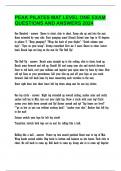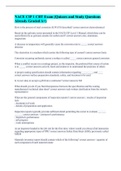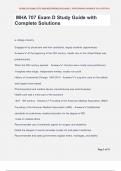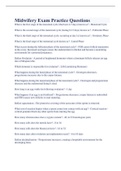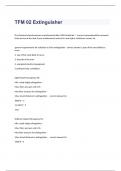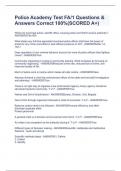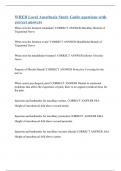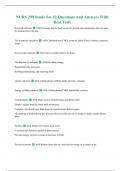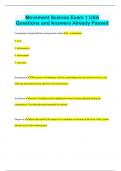Samenvatting
Short summary of Interreligious Hermeneutics and Diversity
- Vak
- G_BATRSCC201
- Instelling
- Vrije Universiteit Amsterdam (VU)
This short summary is based on the longer summary you can buy from me to have overview of every detail of this course. The longer and shorter summary is sufficient for the passing grade 8.5.
[Meer zien]






